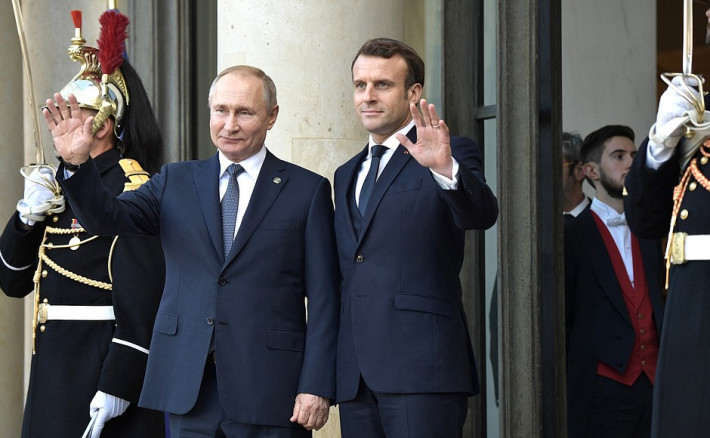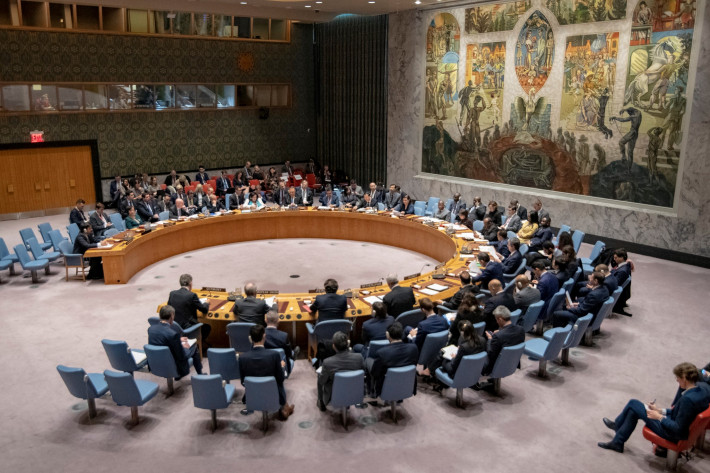Oct.26, 2018 -Japanese Prime Minister Shinzo Abe began a three-day visit to Beijing on Thursday for a summit with Chinese President Xi Jinping, the first such summit since 2011. The main
goal of the visit is to transform relations from that of competition to cooperation, especially concerning Japanese cooperation in the Belt and Road Inititive. Some 500 Japanese businessmen accompanied Abe on his visit.
Abe has held substantive meetings with Chinese Prime Minister Li Keqiang, the chair of the National People’s Congress Standing Committee Li Zhanshu, and Chinese President Xi Jinping.
Abe’s repeated message, as he emphasized in his joint press conference with Prime Minister Li, was that Japanese-Chinese relations have entered a new phase, moving “from competition to cooperation…. We want to expand our relationship significantly. We are
neighbors. We are partners cooperating with each other. We have to avoid becoming a threat to each other.”
President Xi opened his talks with Abe, noting that “as the international situation changes, China and Japan are becoming increasingly dependent on one another. Our countries also have a growing number of common interests and concerns on a multilateral level. The rapid changes in the world are providing China and Japan with opportunities for more in-depth cooperation.”
Reflecting on the historical relations between the two countries, Xi added that “China and Japan have interacted for more than 2,000 years. The people of our countries have long been
learning from each other and achieving developments. In that long history, there were deplorable times and the Chinese people suffered tremendously.”
Abe reiterated to Xi his above message, that his visit is “an opportunity to elevate the Japan-China relationship to a new phase from competition to cooperation…. [W]e want to work with China for the peace and stability of the world, and the region, and that’s what countries around the world expect of us.”
{Asahi Shimbun} reported that Li and Abe confirmed that the two countries will jointly promote infrastructure projects led by Japanese and Chinese private companies in third countries. Chinese state radio reported that Li welcomed Japan to actively take part in China’s Belt and Road infrastructure initiative, and in China’s reforms and the opening up of its economy,
Speaking on the sidelines of an economic forum of 1,400 business and government official on Friday, Abe pointed out that “Infrastructure projects in Asia are expected to be worth 1.7 trillion dollars annually by 2030. It won’t be easy for companies in one country to tackle this demand and overcome the accompanying challenges.” He stressed that projects led by
Japanese and Chinese firms in other countries must follow international standards.
All kinds of agreements were signed, between the leaders and between Chinese and Japanese businessmen. A key one is that annual high-level dialogues that have been suspended for years will be reestablished (e.g. between Foreign Ministers). Others reportedly include agreements to work together on a total of 52 joint projects, including urban development in a special economic zone in eastern Thailand and establishing a new fund with banks and securities firms; to accelerate talks on jointly developing gas fields in the East China Sea; and a decision to revive a 30 billion dollar currency swap pact dropped in 2013.

























